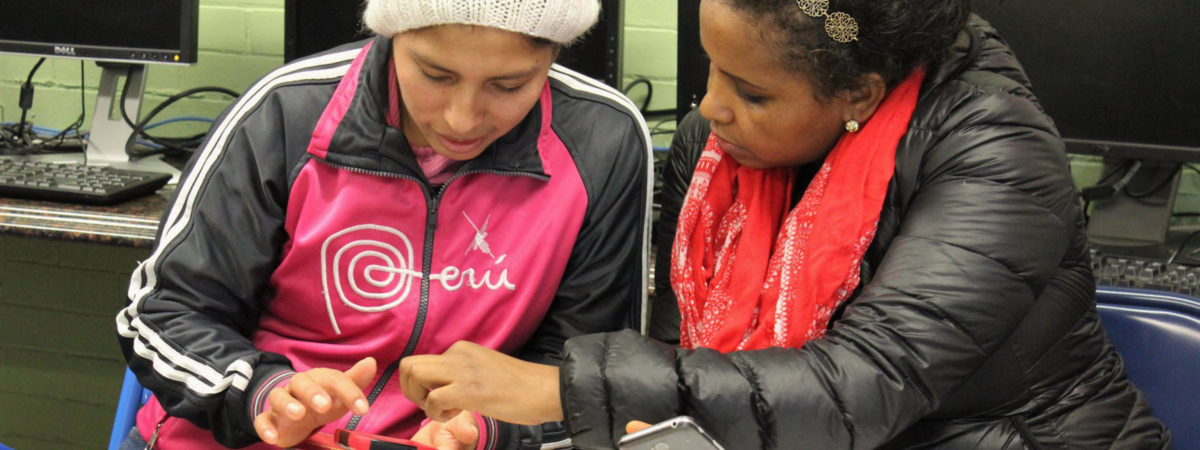
January 22, 2021 | By Sarah Cacicio
Digital Promise has launched an exciting new project to explore the use of micro-credentials in promoting social mobility for rural learners impacted by poverty, particularly Black, Latinx, and Indigenous people. This research comes at a critical time as communities of color continue to grapple with the immediate and long-term effects of the ongoing COVID-19 pandemic.
 As part of this work, we hope to build on the racial equity agenda published in a recent report by the National Fund for Workforce Solutions and look at how portable, stackable credentials and micro-credentials can facilitate upward career transitions. Funding for this project is generously provided by Ascendium Education Group. Ascendium is in the process of building a rural research agenda, which will help them better understand the experiences and aspirations of rural learners, especially those impacted by poverty, as well as postsecondary providers in rural places.
As part of this work, we hope to build on the racial equity agenda published in a recent report by the National Fund for Workforce Solutions and look at how portable, stackable credentials and micro-credentials can facilitate upward career transitions. Funding for this project is generously provided by Ascendium Education Group. Ascendium is in the process of building a rural research agenda, which will help them better understand the experiences and aspirations of rural learners, especially those impacted by poverty, as well as postsecondary providers in rural places.
Micro-credentials are digital certifications that verify an individual’s competence with a skill or set of skills, providing learners with recognition for the skills they develop throughout their education and work experiences. They are proven to reduce hiring biases by providing “portable, verified, and secure representation of acquired knowledge, skills, and earned achievement” regardless of background.
Micro-credentials have the potential to support rural learners’ agency in pursuing postsecondary learning and career advancement. But how and for what purposes are micro-credentials being used in rural industry, education, and training initiatives? What value do micro-credentials add in the context of rural talent development and social mobility?
Over the next several months, our team will conduct a landscape scan to identify existing and emerging micro-credential use cases from select regions in rural industry, education, and training initiatives. We will facilitate in-depth interviews and focus groups with key stakeholders, including:
After collecting data, we will publish a landscape report and case study series. Findings may be used to inform the broader field about the value and use of micro-credentials as a tool for social mobility for poverty-impacted Black, Latinx, and Indigenous people in rural areas, laying the groundwork for future research and development.
Reach out to the Digital Promise Adult Learning Team at adulted@digitalpromise.org to learn more about getting involved in the project.
Ascendium Education Group is a 501(c)(3) nonprofit organization committed to helping people reach the education and career goals that matter to them. Ascendium invests in initiatives designed to increase the number of students from low-income backgrounds who complete postsecondary degrees, certificates and workforce training programs, with an emphasis on first-generation students, incarcerated adults, rural community members, students of color and veterans. Ascendium’s work identifies, validates and expands best practices to promote large-scale change at the institutional, system and state levels, with the intention of elevating opportunity for all. For more information, visit https://www.ascendiumphilanthropy.org.
By Sharin Jacob and Quinn Burke
By Dr. Kyle Dunbar and Katie Wilczak
By Elliott Barnes and Sara Mungall